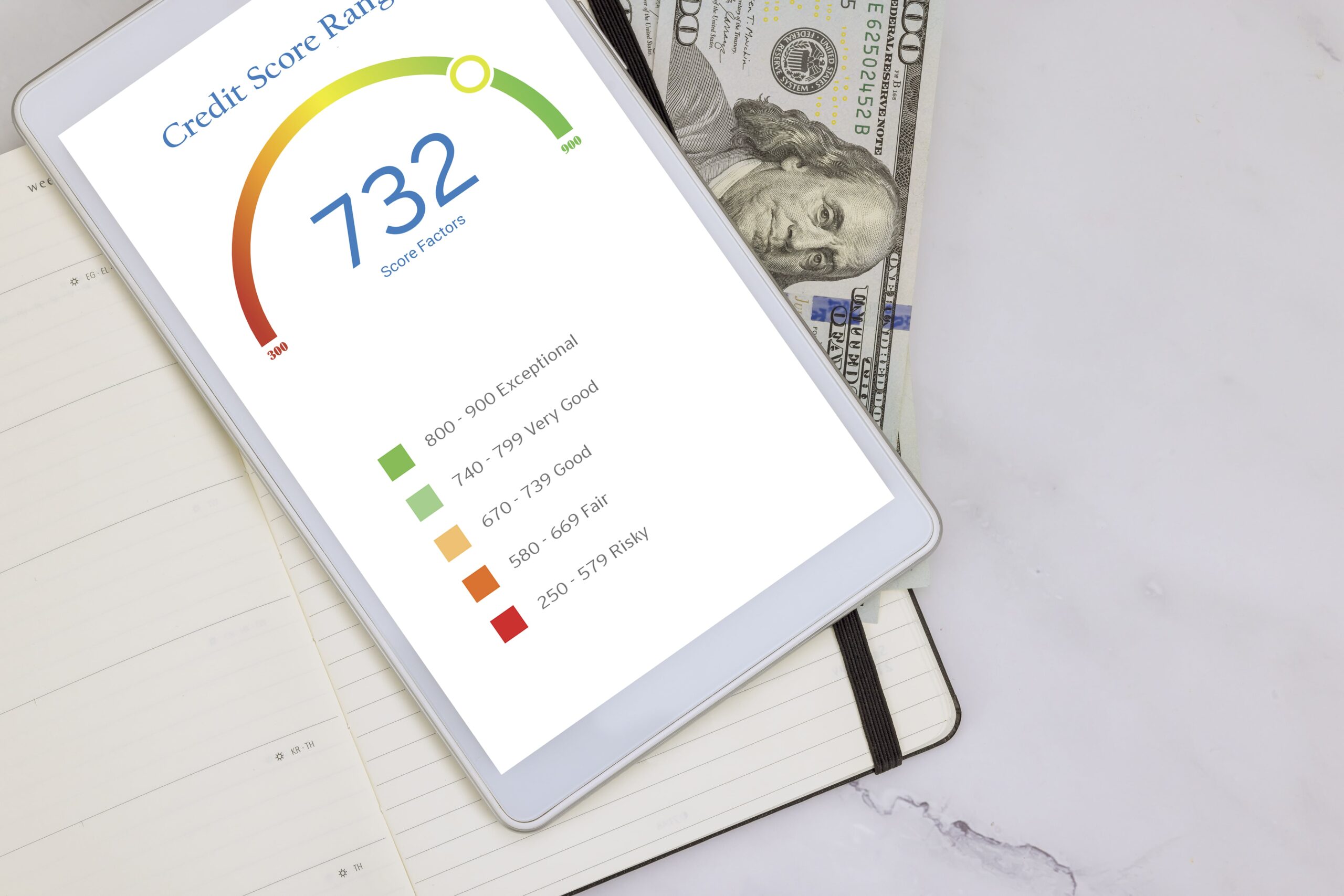So, you’ve got your eye on a home, but your credit score isn’t quite where you need it to be yet. Turn that frown upside down! With a few focused steps, you can improve your credit score faster than you think—and potentially save thousands on your mortgage in the process.
Can You Really Boost Your Credit Fast?
To begin with, yes—you can absolutely raise your credit score in as little as 30–90 days. While long-term credit health is built over the years, there are several things you can do right now that have a surprisingly quick impact.
Think of it like this: a 20-point boost could be the difference between a higher interest rate and a significantly better one. And that adds up big time over a 30-year mortgage.
What Are the Fastest Ways to Improve Your Credit?
Most importantly, focus on the areas that carry the most weight in credit scoring models like FICO:
1. Pay Down Credit Card Balances
Your credit utilization—how much of your available credit you’re using—accounts for about 30% of your score. Aim to use less than 30% of your total available credit (even better: under 10%). If you’re maxed out, paying down balances can have a fast, noticeable effect.
🎯 Pro tip: Ask for a credit limit increase without increasing your spending—it can instantly lower your utilization ratio.
2. Make Every Payment On Time
This might sound obvious, but on-time payments make up 35% of your credit score. Even a single late payment can ding your score. Set up autopay or calendar reminders to keep things spotless going forward.
3. Dispute Any Credit Report Errors
Incorrect late payments? Accounts that don’t belong to you? These can unfairly lower your score. Pull your credit reports for free at AnnualCreditReport.com and dispute anything that looks off.
Consider this: According to the FTC, 1 in 5 people has at least one error on their credit report. Fixing it could be your hidden score boost.
4. Avoid New Credit Applications
Every time you apply for credit, a “hard inquiry” is added to your report, and too many can lower your score. Unless necessary, hold off on new credit cards or loans until after your mortgage is secured.
How Long Should You Wait to Apply for a Mortgage?
In summary, if you can wait even 60–90 days, you give yourself time to:
- Pay down credit cards
- Correct reporting errors
- Build a few months of on-time payments
- Improve your overall credit profile
That short wait could mean a lower interest rate and a smoother approval process—worth it, right?
Final Takeaway:
Your credit score isn’t set in stone. With some smart moves and a little patience, you can improve it enough to qualify for better mortgage terms. And better terms mean lower monthly payments—and more home for your money. Want to get started? Find a home buying class to learn the steps, build confidence, and make smarter financial choices from day one.







